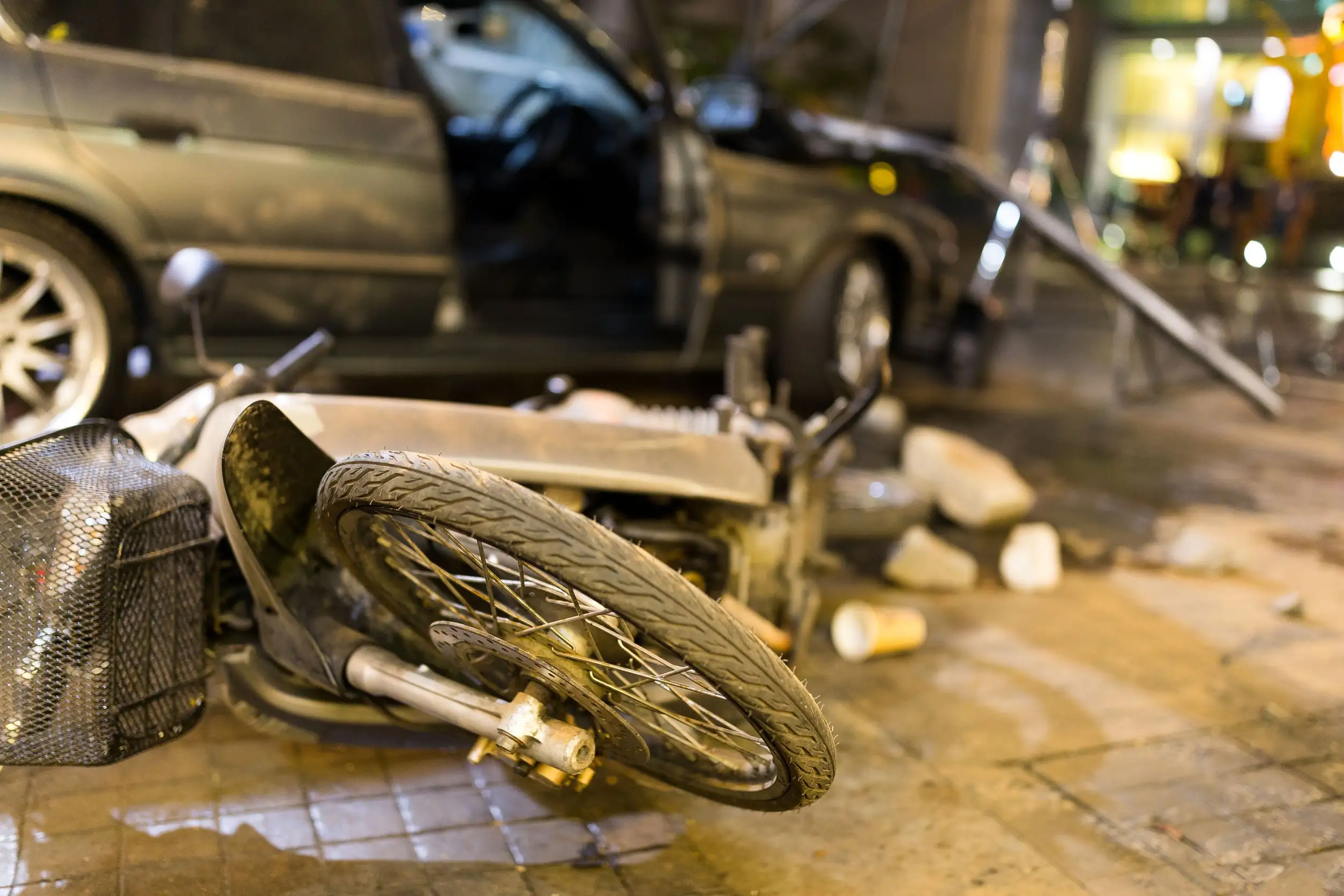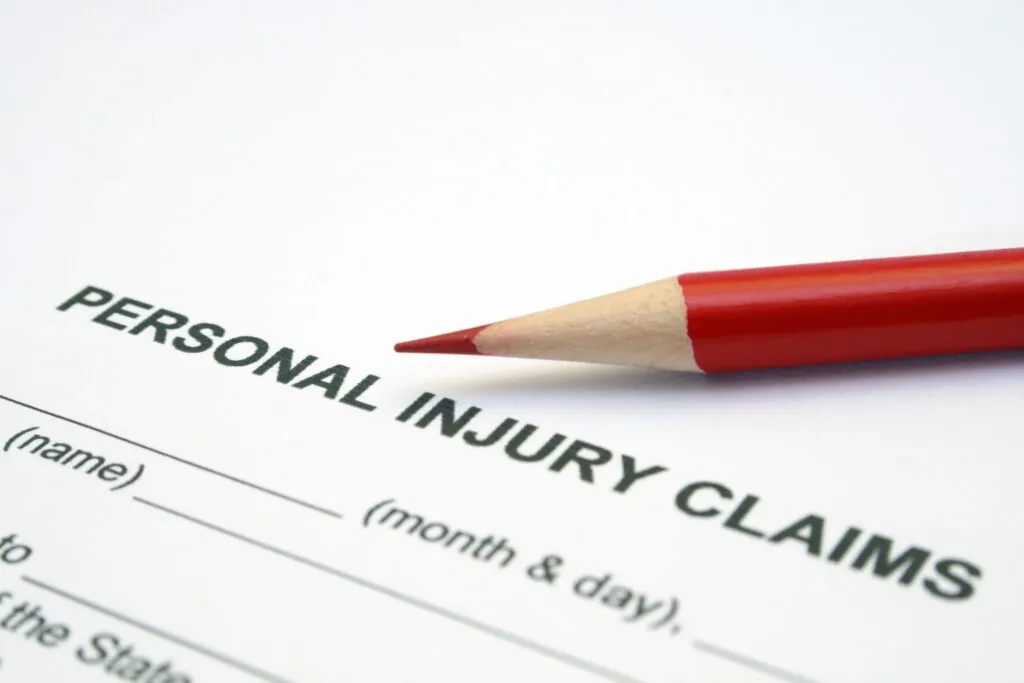Hurt in a Florida DUI Crash? Don’t Forget the Crimes Compensation Act

As many Florida citizens know all too well, spring breakers can be noisy. They can be annoying. Worst of all, though, they can be dangerous when they commit negligent acts such as driving while intoxicated.
This isn’t behavior that’s limited to Florida, either. For example, two high school students were recently hit and killed by a 21-year-old drunk driver in California. One of the victims died at the scene of the accident, while the other succumbed to his injuries after being transported to the hospital.
If you’re injured by a spring breaker who’s driving drunk, it’s important to know what to do and how to seek compensation for your injuries – including taking advantage of the Crimes Compensation Act.
Florida DUI Accident Basics
Personal injury laws in Florida require you to be as proactive as possible in seeking damages – starting at the scene of the accident. Since the shock of the crash and your potential injuries may impair your judgment, it’s important to review what to do beforehand.
What to Do at the Scene of the Accident
If possible, move your vehicle to the shoulder of the road to avoid further injuries from other drivers on the road. Next, call the police by dialing 911. If you think that you may be hurt, inform the 911 dispatcher.
If you are able, quickly collect as much information as possible, including:
- Other driver’s license and insurance registration (take a picture of both with your phone)
- Other driver’s license plate number (take a picture with your phone)
- Contact information of any witnesses
If you believe that the other driver may be drunk (smell of alcohol, slurred speech, impaired gait), be sure to inform 911 dispatchers of this. If you have already ended your 911 call, you can still call back to report that the other driver is intoxicated. If the other driver is acting aggressively or threatens to leave the scene, be sure to report this right away as well so that police can be dispatched as soon as possible.
Do not negotiate with the other driver, other than to ask that they remain at the scene of the accident until police arrive. If the other driver is argumentative, avoid a confrontation if at all possible.
Write down your account of the accident, including how the collision occurred, and any evidence that the other driver was drunk.
Establishing Legal Liability
Driving while intoxicated is a form of negligence, meaning the drunk driver can be held civilly liable for your injuries. However, you must still be able to prove the following:
- That the driver had a duty to you to practice caution
- The duty was breached
- You were injured as a result of this breach of duty

For drunk driving cases, you must keep records of your injuries to seek compensation. You must also obtain evidence that the other driver was drunk from law enforcement and/or criminal proceedings.
Comparative Fault
One of the most common defenses in civil drunk driving cases is the assertion of comparative fault. In other words, the defendant may claim that you (the plaintiff) shared responsibility for causing the accident.
Florida is a pure comparative negligence state. This allows the plaintiff to recover damages minus their degree of fault. For example, if you’re seeking $100,000 in damages and it’s determined that you were 20% at fault in causing the accident, you will be awarded $80,000.
What to Know About the Florida Crimes Compensation Act
One way you can recover some of the damages you suffer in a DUI accident is to use Florida’s Crimes Compensation Act. This act is meant to provide state-sponsored financial compensation to eligible persons who are victims of crimes, including DUI accidents. This is in addition to damages that you seek from the drunk driver through civil court.
In order to apply, you must have suffered a physical or mental injury, or the death of a loved one, as a result of the crime. All victims will be subjected to a criminal background check. Persons who have been adjudicated as habitual felony offenders, habitual violent offenders, or convicted of a forcible felony offense, are not eligible.
Available Benefits
The Crimes Compensation Act provides benefits to cover the following:
- Lost wages
- Loss of support from a deceased victim
- Disability for permanent disabilities caused by the accident
- Funeral or burial expenses for deceased victims
- Medical bills or other treatment expenses
- Mental health counseling
- Property loss (e.g. damages to your car)
Applying for Benefits
If you believe that you meet the criteria to apply for Crimes Compensation Act benefits, submit an application to get the compensation you deserve for your injuries. It is recommended that you speak with an experienced Florida personal injury attorney before filing an application, as he or she can advise you how best to seek benefits.
Even if you do not qualify, remember that there are other ways to hold the drunk driver accountable and get compensation. To get started on your injury claim today, get in touch with our office.
About the Author:
Since 1994, seasoned litigation and trial lawyer Anthony B. White has helped thousands of accident victims seek damages due to injuries sustained as a result of another party’s negligence. Included in America’s Registry of Outstanding Professionals and selected to the 2012, 2013, and 2014 editions of Florida Super Lawyers, Mr. White specializes in car accidents, insurance disputes, wrongful death, product liability, and medical malpractice cases. He is a longstanding member of the Florida Justice Association and the American Association for Justice and currently sits on the Board of Directors of the Broward County Justice Association.

